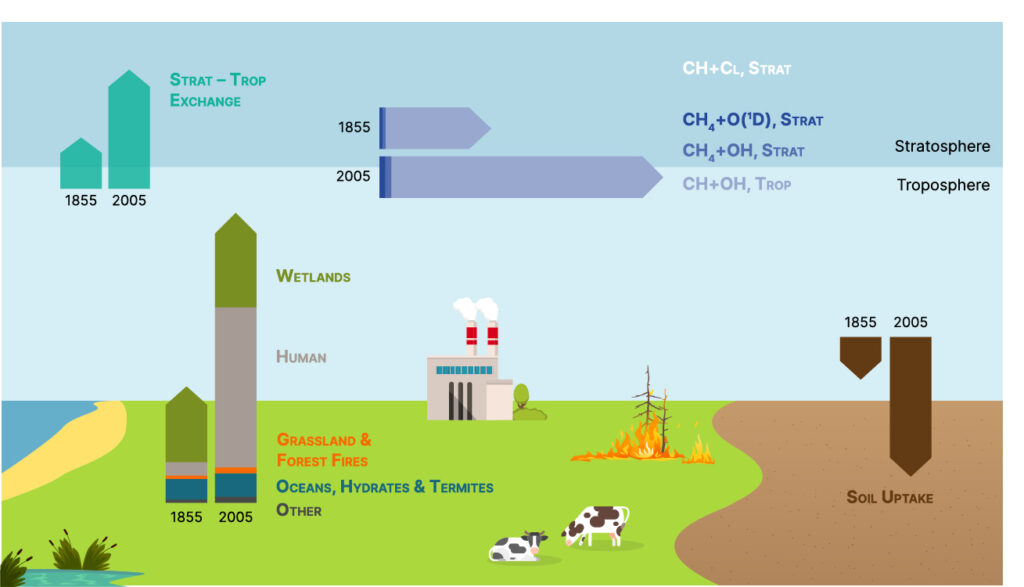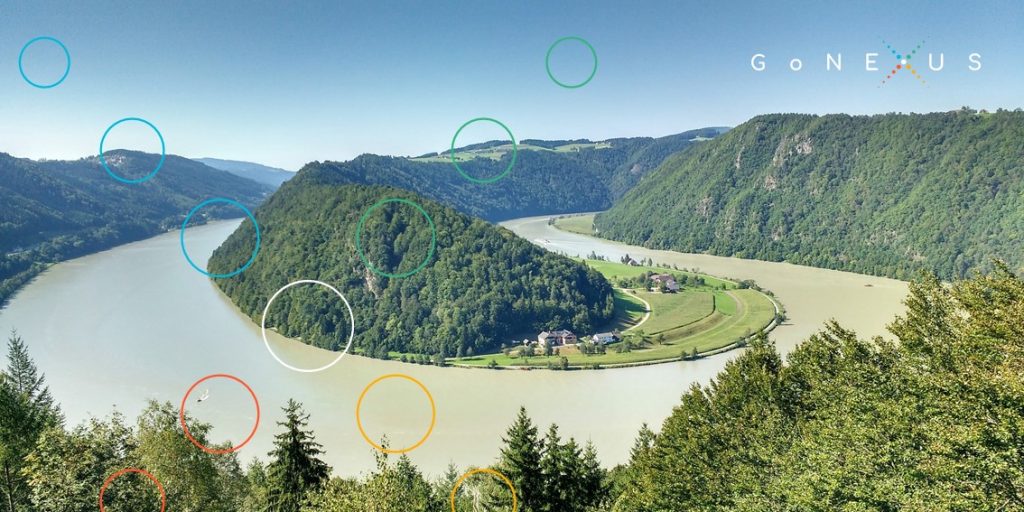Throughout the centuries, people have been keen to find and discover new areas and exploit the natural resources associated with them. According to Margaret Kohn and Kavita Reddy (2017), the term colonialism describes the process of European settlement and political control over the rest of the world, including the Americas, Australia and parts of Africa and Asia.
Sustainable cities and communities
Digital platforms and the online services that they provide have become an indispensable and ubiquitous part of modern lifestyles, mediating our jobs, hobbies, patterns of consumption and forms of communication. However, no one is steering this development, or closely looking at the impacts that it may have on remote communities in the Arctic and Nordic region, a hotspot for datacenter development.
In July 2020, the European External Action Service of the European Commission launched a public consultation on the way forward for the European Union’s Arctic policy. The consultation was held to re-examine the role of the EU in Arctic affairs, to revise the priorities of the current Joint Communication on an integrated European Union policy for the Arctic and the actions thereunder, and to identify possible new policy areas to be developed.
The Generic Quantitative Risk Assessment report described implementation of a site soil survey and consequent contamination remediation action for the Lower Botanic Gardens (Belfast, UK). The exploratory site investigation was undertaken between October-December 2022, and comprised excavation of 28 soil samples and subsequent laboratory analysis for a common contaminant suite. Results confirmed contamination distributions linked to historical industry. Risk remediation actions were proposed for features with different levels of soil exposure.
The Preliminary Risk Assessment desk survey was produced prior to soil investigations on the Lower Botanic Gardens (Belfast, UK). Planning records revealed little site development over the past 200 years, but identified multiple local historical industry-linked contaminant sources that could contribute to soil contamination. Community growers and site developers were considered most at risk from ingesting or inhaling any contaminated site soil dusts.
Air pollution is a growing concern that continues to strongly affects cities worldwide, posing significant threats to both human health and the environment. Nature based solutions is an innovative approach that harness the power of nature and its inherent ability to filter, absorb and mitigate pollutants. In the frame of the Upsurge project, different NBS are being implemented to study their benefits with a focus on air quality and climate remediation.
The drastic growth of cruise tourism in the world, while potentially beneficial for economic growth in local communities, also brings concerns regarding environmental impacts. This research used the port of Ísafjörður, Iceland, a growing hotspot destination for cruise ships, as a case study to aid in understanding the potential environmental impacts from cruise ships.
The first fully-coupled methane emission driven Earth system model capable of simulating the impact of anthropgenic forcing on natural environments, as well as the impact of methane emissions and mitigation strategies on air quality.
In a time of increasing demand for the earth’s limited resources, the GoNEXUS project develops solutions for more efficient and sustainable resource management. It does so through a holistic approach to how the resources interplay rather than by examining each one of them individually.
Using Organigraphs to Map Disaster Risk Management Governance in the Field of Cultural Heritage.
Louis J. Durrant, Atish N. Vadher, Mirza Sarač, Duygu Başoğlu and Jacques Teller


